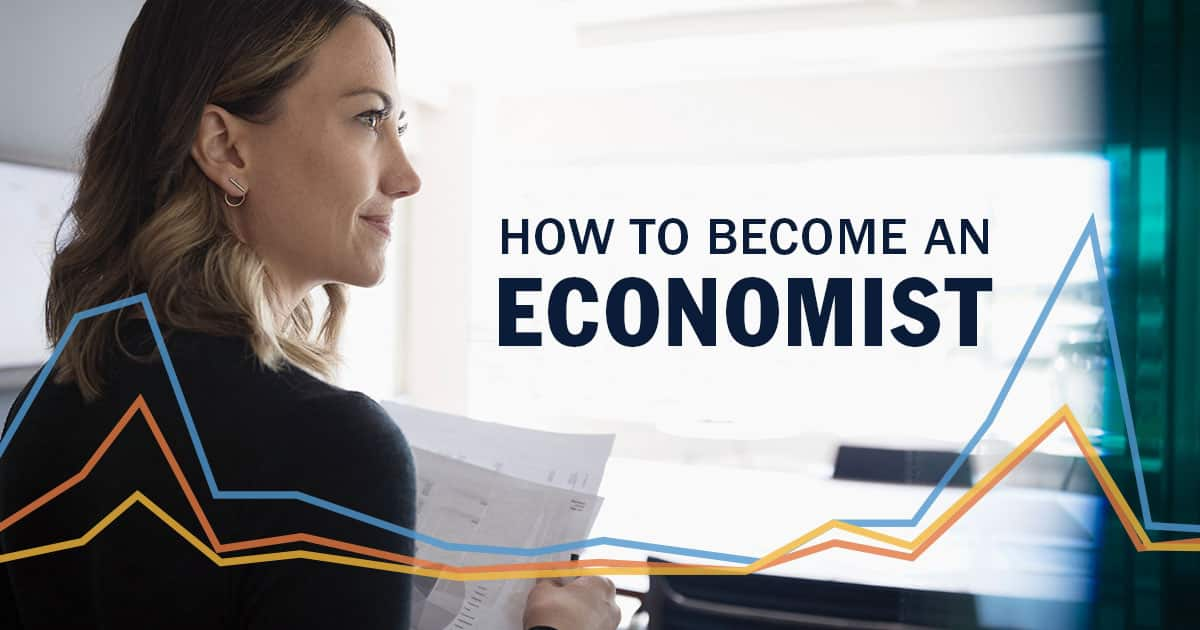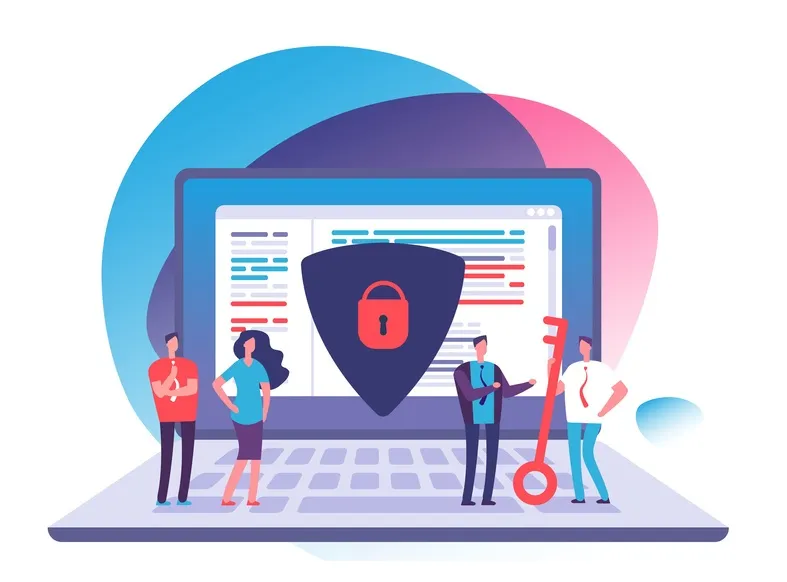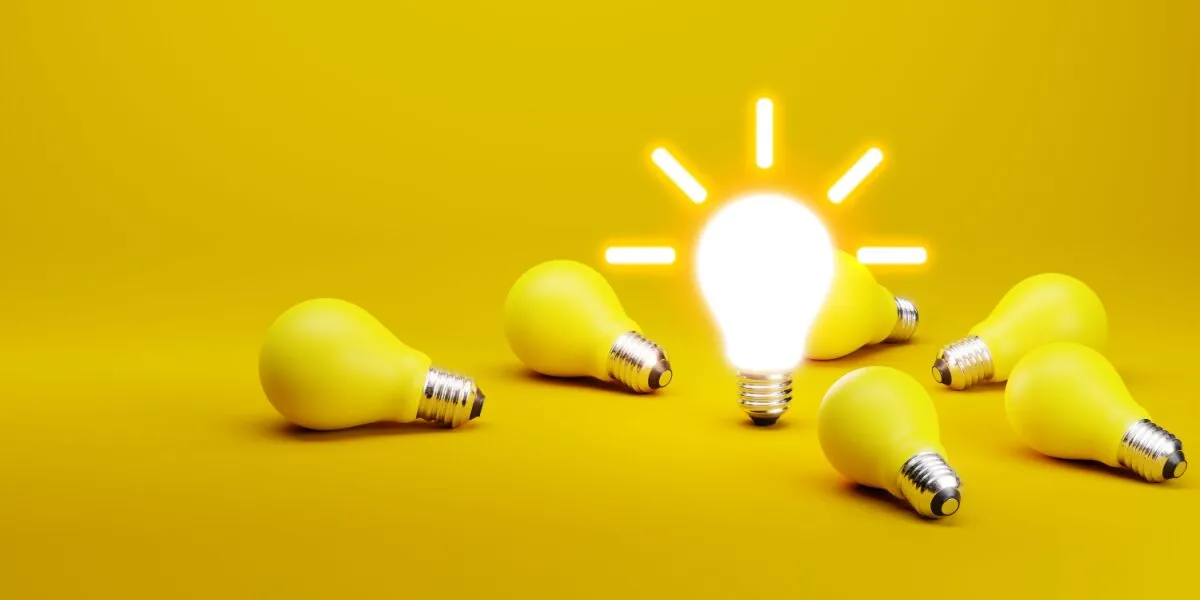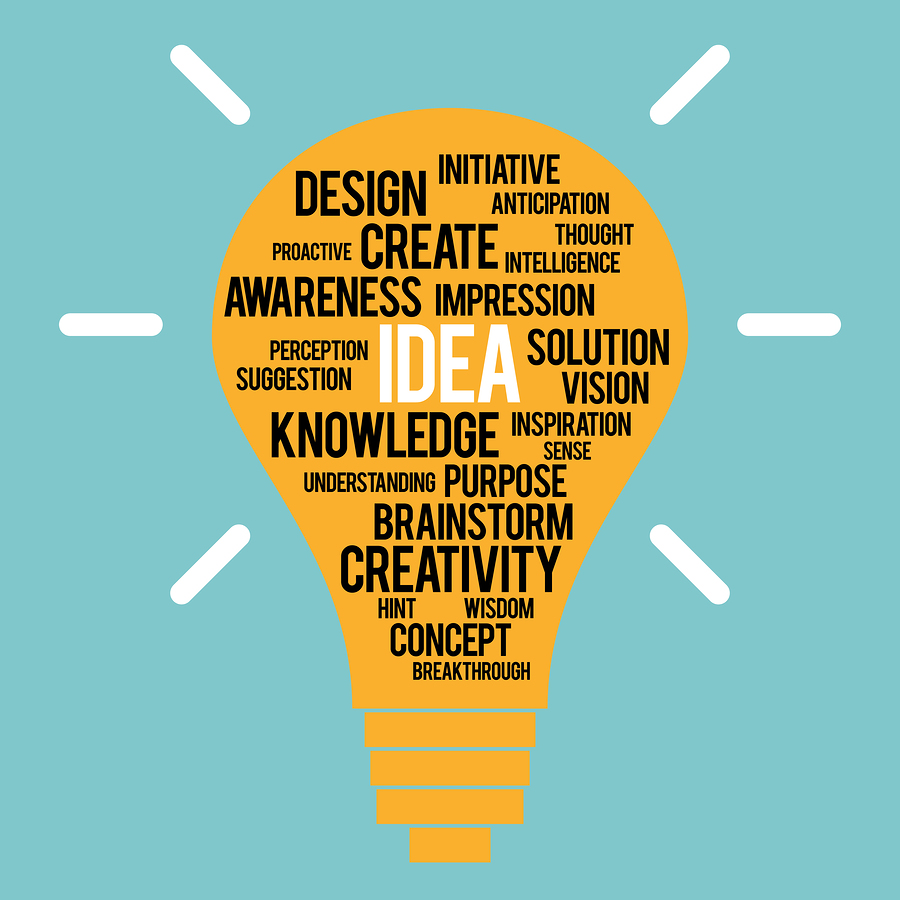Some people may not find economics particularly intriguing. Others see it as an opportunity to pursue a rewarding career in mathematics. Working in economics entails delving into data, trends, and policies to provide valuable insights and recommendations. Economists can specialize in many fields and work in a variety of settings, including government, schools, businesses, and research organizations. In this post, we'll look at the many career opportunities, what a typical workday entails, and the prognosis for economists.
Understanding Economics
Before we get into what economists do, let's first define economics. Economics is a social science that studies how people, businesses, and governments make decisions. It is often the consideration that goes into the distribution of scarce resources to meet broad demands and needs.
Economics is a massive riddle that aims to explain how humans manage a world with finite time, money, and resources. Economics is fundamentally based on the concept of scarcity, which implies that there is never enough of something to go around. This scarcity drives us to make decisions about what to produce, how to generate it, and who will consume it. Economists examine these options via several lenses (which we will discuss in the following section).
Economics also investigates the interaction between supply and demand. Prices, a fundamental feature of economics, serve as signals for conveying information about commodities and services. However, economics goes beyond simply examining how things are; it also considers how they should be. This section includes talks regarding justice, equity, and the role that government should play in broad decision-making. In essence, economics is a powerful tool for understanding the dynamics of global markets and developing policies to improve societal well-being.
Types of Economists
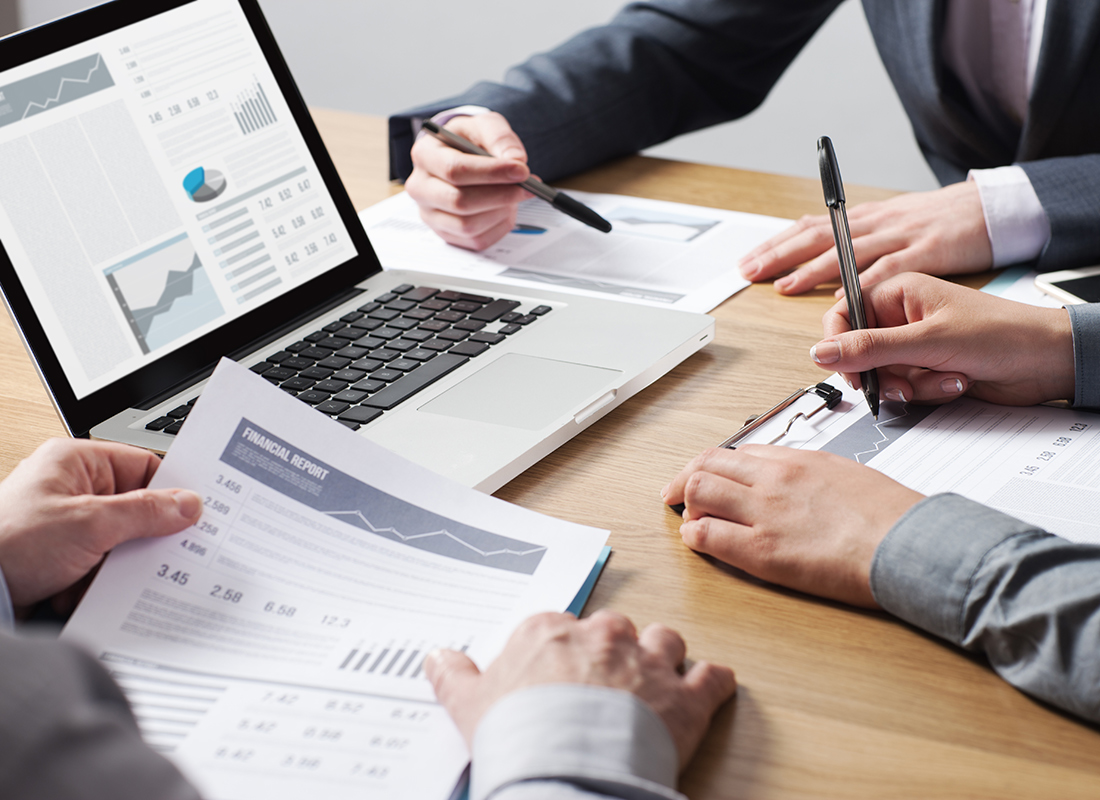
To grasp what it's like to be an economist, first understand the various types of economists. We'll go over the overlap between these three categories later, but keep in mind that your day-to-day tasks, work environment, and underlying data will all differ depending on the sort of economist you become.
First, public sector economists examine policies, assess government budgets, and gather data to assist policymakers at all levels of government. They are the people that crunch the figures to better understand how a tax cut or monetary policy would affect the public. Social issues are more likely to be addressed in public sector positions since they involve taxpayer cash.
Next, academic economists strike a balance between teaching and research. The benefits of becoming an academic economist include the freedom to do research, while funding for study may be limited. Academic economists frequently work at the university level, and some positions may require a Ph.D. in economics.
Finally, private sector economists work in banks, investment firms, and corporations, where they analyze economic patterns and the impact of laws. Assume you want to better understand how the latest iPhone will be perceived by consumers if it is priced $100 or $200 higher than the current version. An economist working for Apple may decode macroeconomic data to better predict how a consumer would react to a higher or lower price.
What Economists Do
Economists are the people who roll up their sleeves and delve deeply into economic complexities. They conduct study on a wide range of economic problems, including education and the labor market, as well as worldwide trade. They frequently conduct surveys and collect data, which they then computerize using mathematical models and statistical tools. This numerical crunching allows them to identify patterns, such as what is happening in the financial market or where job prospects are headed.
Economists don't stop there; they also provide vital suggestions to whoever they report to. Public economists consider these to be policymakers. For private economists, this may be a firm. Economists communicate their research in easily understandable ways, so be prepared to create tables, graphs, and articles.
Economists work in a variety of fields, including corporations, healthcare, and environmental agencies. Some investigate how much it costs to manufacture a product or deliver healthcare, while others focus on employment rates, inflation, or the ups and downs of the business environment. In the public sector, they collect and analyze statistics on topics such as job numbers and manufacturing progress.
Read Also: Data Science History and Overview
Where Do Economists Work?
In 2022, there were roughly 17,600 positions available for economists. The federal government (excluding the postal service) employed the most economists, accounting for 27% of the total. They were also in demand in managerial, scientific, and technological consulting services, accounting for 20% of all positions. Furthermore, economists were employed in scientific research and development services (11%), state government (excluding education and hospitals) (10%), and municipal government (excluding education and hospitals) (7%).
Economists often work in offices, where they perform research and analysis. While they frequently operate individually, they also collaborate with professionals such as data scientists and statisticians to improve their results. Economists may occasionally need to travel to attend conferences and stay up to date on the newest advancements in their area. In terms of work patterns, the majority of economists work full-time, with some working more than 40 hours each week.
Economists In Academia
A Doctor of Philosophy (PhD) in economics is normally required for academic employment at most four-year colleges in the United States. A master's degree, on the other hand, is the most prevalent requirement for faculty positions at two-year colleges. Many students pursue a PhD after finishing their Bachelor's degree, which normally requires six years of full-time study.
According to the American Economic Association, assistant professors at PhD-granting universities will earn an average starting salary of $149,946 in 2022-2023. Salaries differ by academic level and institution type, with PhD-granting institutions typically paying greater salaries. Academic economists at these universities are frequently in the forefront of developing new economic concepts, publishing their findings in prestigious journals.
PhD economists can teach in a variety of settings, including MBA programs, law and medical schools, and public policy programs. Aside from academia, numerous government agencies, international organizations, and for-profit and non-profit businesses recruit research economists for ad hoc or specialty short-term projects.
How to Become an Economist
Are you sold on the concept of becoming an economist? There is a lot of work involved in making this happen, and your academic experience may or may not intersect with your professional experience.
As previously stated, a master's degree is normally required, while some positions, particularly those in government, may accept a bachelor's degree. Many economists pursue a Ph.D. to advance their careers or become professors. If you want to pursue an advanced degree in economics, taking undergraduate courses in economics or mathematics can help.
Economists require analytical skills since they must evaluate data and detect trends in order to draw reasonable conclusions. Economists must also have strong communication skills since they must communicate their findings to a variety of audiences via presentations and written reports. Economists may also work with a wide range of people, from non-financially aware CEOs to other economists, thus developing communication skills is beneficial.
Computer abilities are useful since economists frequently utilize statistical analysis tools. Critical thinking is required for dealing with complicated situations, as are math abilities such as calculus and linear algebra, which are used to build models and analyses. A degree in economics may include technical computational classes that include macroeconomics, microeconomics, econometrics, and quantitative economics.
What Data and Tools Do Economists Use for Their Work?
Economists use a wide variety of data sources, including government statistics, surveys, and financial reports. It should be noted that part of this data is qualitative reporting from market infrastructure, while others represent market sentiment from individuals. Economists then use statistical software and economic models to examine data, detect patterns, and make forecasts. These projections are then used to formulate what they believe is the optimal plan.
What Are the Challenges and Opportunities in an Economist's Career?
Economists may need to become more comfortable working with data limitations, such as not having enough information or a specific collection of data on hand. Furthermore, economists frequently have to forecast the future, which can be quite uncertain and unexpected. Depending on the business, an economist may face political or ideological opposition while advocating various monetary, fiscal, or strategic strategies.
What is the Future Outlook for Economics?
Economics is constantly evolving. There have been significant economic repercussions and responses to COVID-19. Economists can play a key role in dealing with the pandemic's consequences, which may or may not have long-term implications.
Economics is also at an interesting crossroads with technology. As AI and huge language models evolve, there is the possibility of far-reaching economic consequences that affect broad labor markets. The demand for economic competence may continue as society encounters new economic dynamics and complexities.
